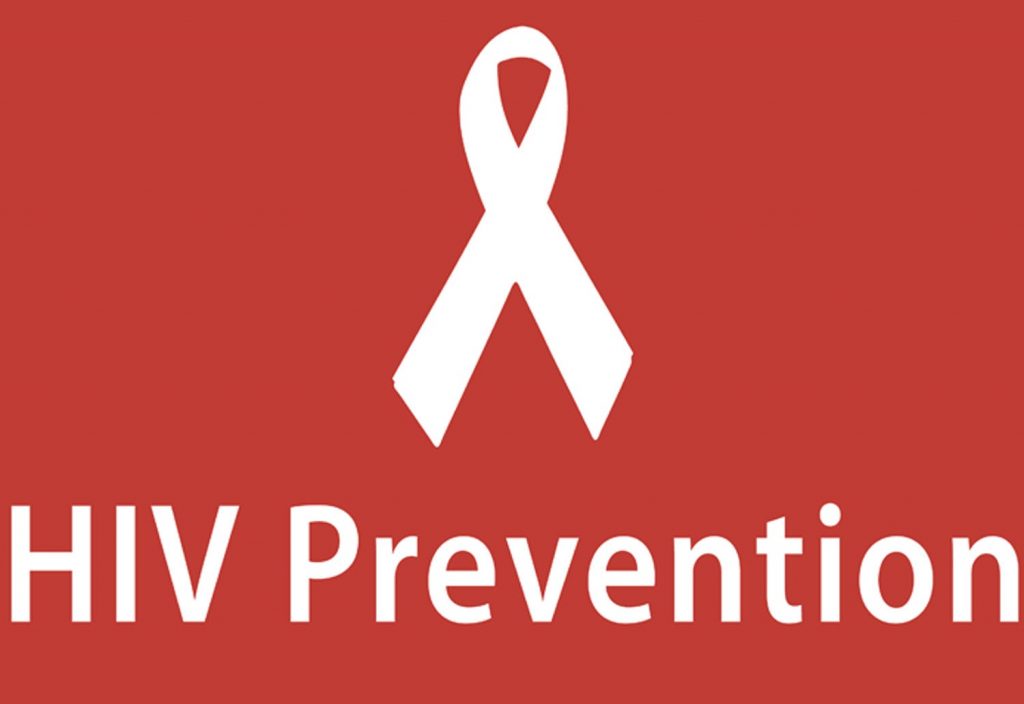
It focused attention on the roles that communities have played and will continue to play in ensuring that this deadly disease is contained. It is estimated that about 37.9 million people are infected by the Human Immunodeficiency Virus and Acquired Immune Deficiency Syndrome, HIV/AIDS, with about 770,000 AIDS deaths recorded in 2018. Two-thirds of the cases were documented in Africa and the Middle East, mostly because of lack of adequate education and access to care. Due to the subsisting stigma attached to this scourge in these parts of the world, many people are still afraid to submit themselves to HIV/AIDS tests. The tragedy of this is that most people only get to know their status when they fall sick and can no longer be helped. However, the current picture of things in Nigeria is something to cheer about. The National Action for the Control of HIV/AIDS, NACA, has disclosed that prevalence has dropped from 2.8 per cent in previous years to 1.4 per cent, representing roughly 1.9 million people.
According to Mrs. Akudo Ikpeazu, a Director of NACA in a television
programme, about 800,000 Nigerians are still outside the treatment basket, and
this is where the bulk of the AIDS fatalities usually comes from. It would
appear that the most daunting challenge to the arrest of the spread of HIV/AIDS
in Nigeria is getting people to voluntarily go for tests. Volition is
emphasised, since it is a universally-approved practice never to force anyone
to get tested. Once a case is established after a test, NACA assures that it
has established a grassroots-based mechanism for plugging those who need
treatment into immediate care, which is free and generally available.
Unfortunately, despite strenuous efforts by researches all over the world, the
cure or vaccine for HIV/AIDS has not been found. However, early detection and
use of approved anti-retroviral drugs have succeeded in sustaining so many
infected persons that almost everybody has come to the realisation that HIV
infection is no longer a “death sentence”. This is why this year’s theme is so
central and relevant. The greatest weapons against the spread of HIV/AIDS are
in awareness, testing and getting on the anti-retroviral medication. There is a
need for the community to mobilise its organs, such as the religious leaders,
traditional rulers, the schools, media and advocacy groups to put more effort
in getting people to embrace voluntary testing. One way of ensuring success is
to do away with the stigma associated with being infected. Once the community
closes ranks against this scourge, it can be contained even before a cure or
vaccine is perfected.
Source: Vanguard





